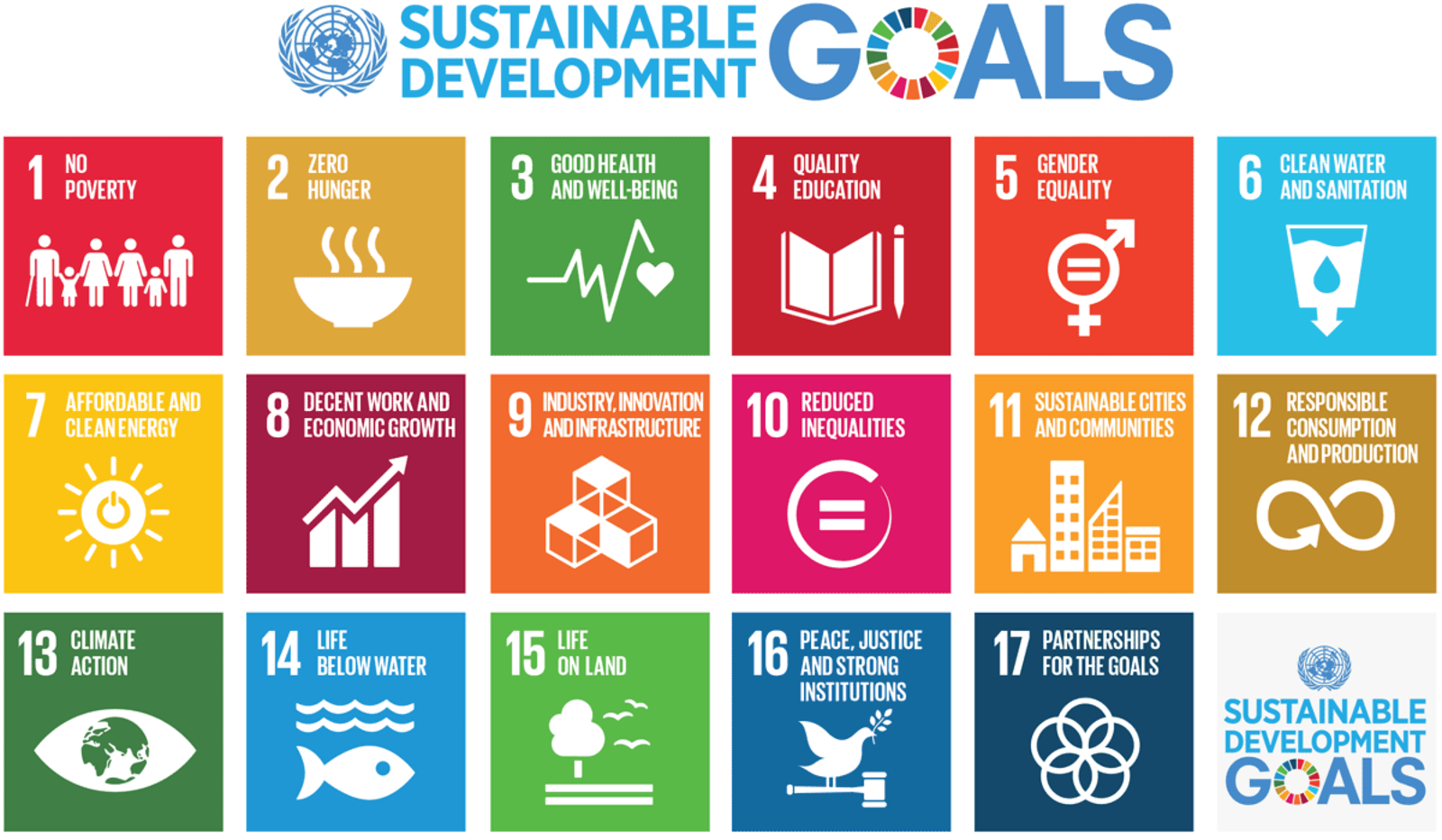We hear from VSO Pakistan Country Director Hashim Bilal, on how communities in his country are making their voices heard when it comes to progress on the Sustainable Development Goals.
This year, for the first time, Pakistan reported on its progress towards delivering the Sustainable Development Goals (SDGs). These 17 goals, agreed by world leaders at the UN in 2015, call on all countries to take action and responsibility for the role they play in fighting injustice and creating a fairer world for everyone.
This is a step forward for the government of Pakistan, who presented the report on their progress towards these goals at a global meeting last month in July. The report talks of Pakistan’s progress in alleviating poverty, despite economic challenges, noting how Pakistan has seen a 26% fall in poverty in the last ten years.
Pakistan was 1 of 47 countries to report on its progress towards the SDGs this year.

However, while working in Pakistan, we realised that there was one big gap in accurately reporting on the progress of the SDGs: in communities around Pakistan, people did not know what the SDGs were, or how these goals could make a difference to their lives.
Working with our national partner, the AwazCDS, and the Pakistan Development Alliance, we formed a plan to capture a broad range of voices and perspectives on the SDGs, to complement the official government progress review.
From the start, we were keen to make the process inclusive. The SDGs will impact everyone, and so we wanted to hear from a broad range of voices.
That’s why we chose to work across 42 districts of the country, running community consultations with over 2,000 people to hear their voices and experiences. They shared with us what was working well and where the challenges were.
We made specific efforts to run consultations with people who are often overlooked, such as people with disabilities and people from transgender communities. We created spaces where these voices could be heard, and translated the SDGs into local languages.
We trained 86 volunteers, mostly young people, to support with community engagement, collecting data and translating the information. We then took the message to the next level, speaking on national television twice about the SDGs and why they matter to Pakistan.
We took all these consultations and created a report called Citizens’ Voices, sharing what we had learned through these meetings and from partners and governments around the world. We shared these findings at the UN global meeting, with our partner AwazCDS even presenting the report to the UN Secretary General!
But the real and most important work will be here in Pakistan. Since the UN meeting, we have come back to Pakistan and started a follow-up process involving parliamentarians, national government and local government. This will help people access their rights, and make sure services are provided to them. For example, we will begin to use scorecards in schools to measure how well education is being delivered, and then prompting changes.
Hashim BilalWe need to include include data from marginalised groups in official reporting if we want to achieve the global ambition of 'leaving no-one behind'.
VSO Pakistan Country Director
This means that the commitments made in the national report won’t end here, they will instead be translated into meaningful changes for people living in poverty in Pakistan. In Pakistan, VSO is contributing to a number of the SDGs including Goal 4, Quality Education, Goal 3, Health, and Goal 5, Gender Equality.
For example, for Quality Education, trained volunteers are working with the School Education Department and Government of Punjab, encouraging people to take on citizenship activities like environmental protection and greater social inclusion.
We are also working with 800 Pakistani police officers to prompt action on gender-based violence, leading to more safe spaces for women and more female police officers.
The progress so far will become even more powerful now that communities feel more ownership over the development goals.
We have seen in the districts where we ran consultations people have much more awareness of the SDGs and their rights. For example, people now know they have the right to education, the right to access healthcare and understand how the targets and indicators within the SDGs can support this.
And, importantly, the government has realised that we have to include data from marginalised groups in official reporting. This is critical if we want to achieve the global ambition of 'leaving no-one behind'.
In Pakistan, we are working with people who are frequently overlooked and left behind, including those living in poverty, women, and people with disabilities.
Read more
Why we need more outspoken women
From climate activist Greta Thunberg, to Karachi’s first female police superintendent Shehla Qureshi, more and more strong women are speaking up against the injustice they see around them, and changing their world.

Meet Karachi’s first female police superintendent
We all know we've got a long way to go on the road to gender equality. But millions of creative, sharp and determined women refuse to wait around for that day – they're taking action now.
